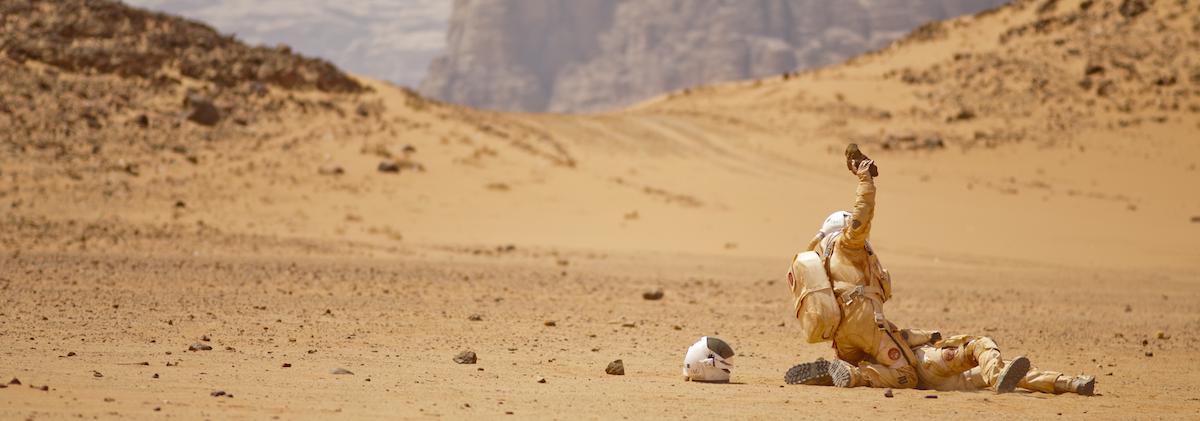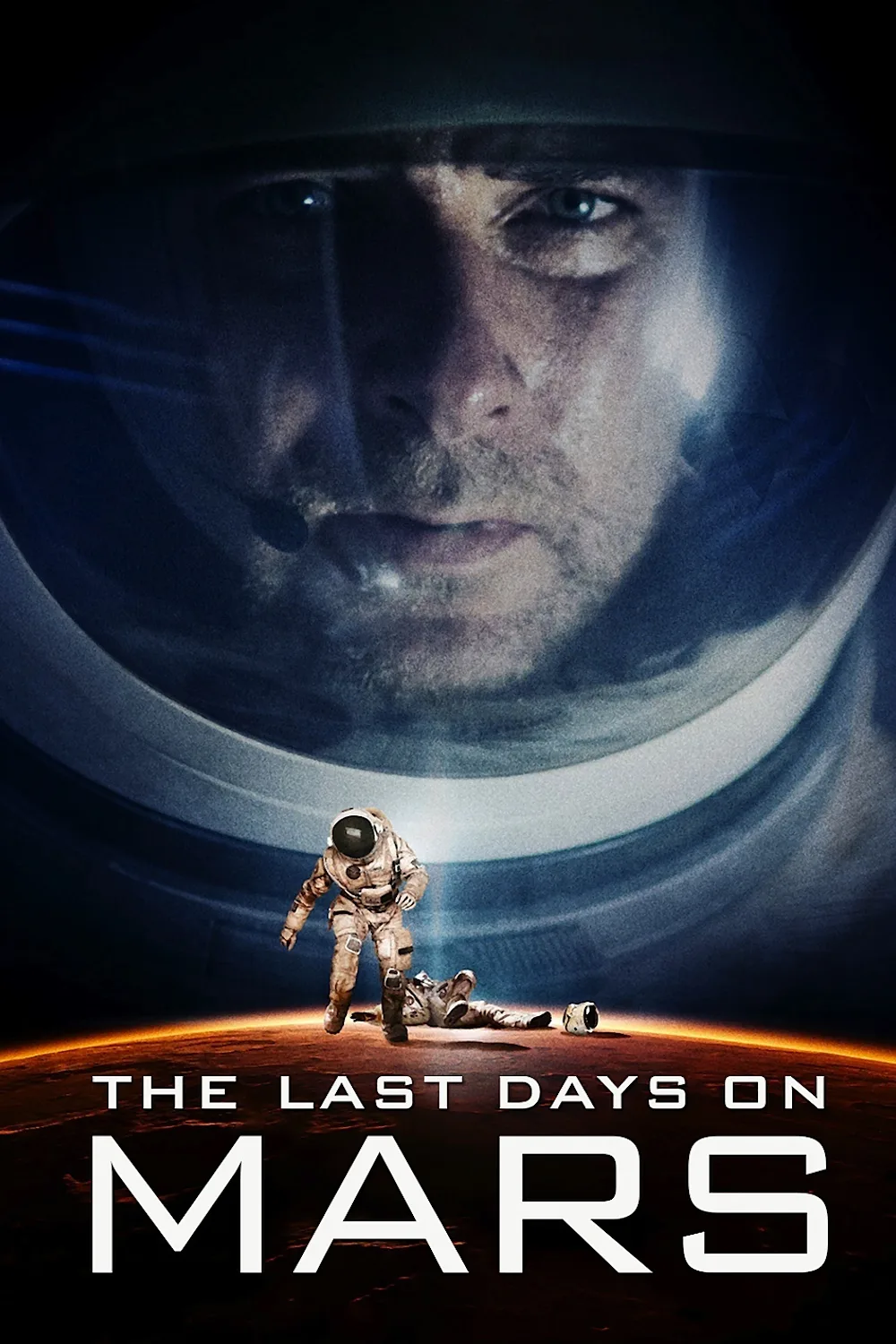“The Last Days on Mars” is a movie that I, someone who grew up loving both science fiction and horror movies, rather wish I could like better. And it really isn’t even a bad movie, or a bad movie of its sort. It’s just not good enough to really distinguish itself.
As you might have guessed from its title, the movie does take place on Mars; a manned space expedition in the ever-popular not-too-distant-future is, again as you may have guessed, the expedition, as the viewer joins it, is coming to an end. As is customary in manned space expeditions in contemporary sci-fi cinema, this crew is multi-national, multi-ethnic, and mixed gender, although none of that really comes into play as the proceedings grow darker.
What sets things off is crew scientist Marko (Goran Kostic) cadging a few extra hours outdoors from commander Brunel (Elias Koteas) despite the fact that the whole crew ought to be taking part in an exit briefing. Marko’s departure cheese off irritable uber-researcher Aldrich (Olivia Williams) and with better reason than she knows: having hid his true motives from Brunel, Marko’s going out to check out some actual signs of life on Mars that he thinks he’s discovered. Apparently he’s a bit of a glory hog.
We never do find out what’s motivating him, though, because once he gets outside he falls into a pit and comes back out looking like one of the reanimated corpses in Tobe Hooper’s semi-classic space-horror picture “Lifeforce.” If “The Last Days on Mars” has a closer kin, it’s Mario Bava’s ’60s specialty classic “Planet of the Vampires.” With its imagining of Mars as a desert-like planet and its insistence on a sort of “realism” in portraying campsites on other planets and such, the movie’s design and direction tends to eschew Bava’s baroque stylings for “Alien“-like evocations of verisimilitude, although here director Ruairi Robinson seems to forget that those evocations of verisimilitude were themselves carefully calculated baroque effects. Which is to say, in “Alien” strobe lighting was very carefully calibrated for maximum shock; here the strobe lighting is just, well, what things look like when an emergency strobe light goes off.
As more crew members get the bug that makes them lose their minds, lose their pulses, and turn into undead berserkers, lead actor Liev Schreiber tries to cope without any shoot-them-in-the-head weaponry, and to help spare fellow astronaut Romola Garai as well. Williams’ character, and Johnny Harris as an overly chipper team physician, or therapist, or something, provide character complication for as long as character complication is deemed necessary. Inhibiting Schreiber from being all the hero he can be is an event from the journey over, conveyed in flashbacks that look as if they’ve been lifted from “2001: A Space Odyssey.”
The familiarity inherent in the elements at play here didn’t breed contempt in this viewer, but by the same token, they didn’t exactly make me sit up and take exceptional notice in the onscreen goings-on, which is the whole point of a genre exercise. The cast does its level best, the script doesn’t pour on the clichés too strenuously, but there’s not enough here in terms of jolts and shocks and scares. A more ruthless momentum might have overcome the sense of déjà vu, but while I certainly didn’t find anything to hate about “The Last Days Of Mars,” its main impact on me was reminding me of movies I might have rather been watching.




















